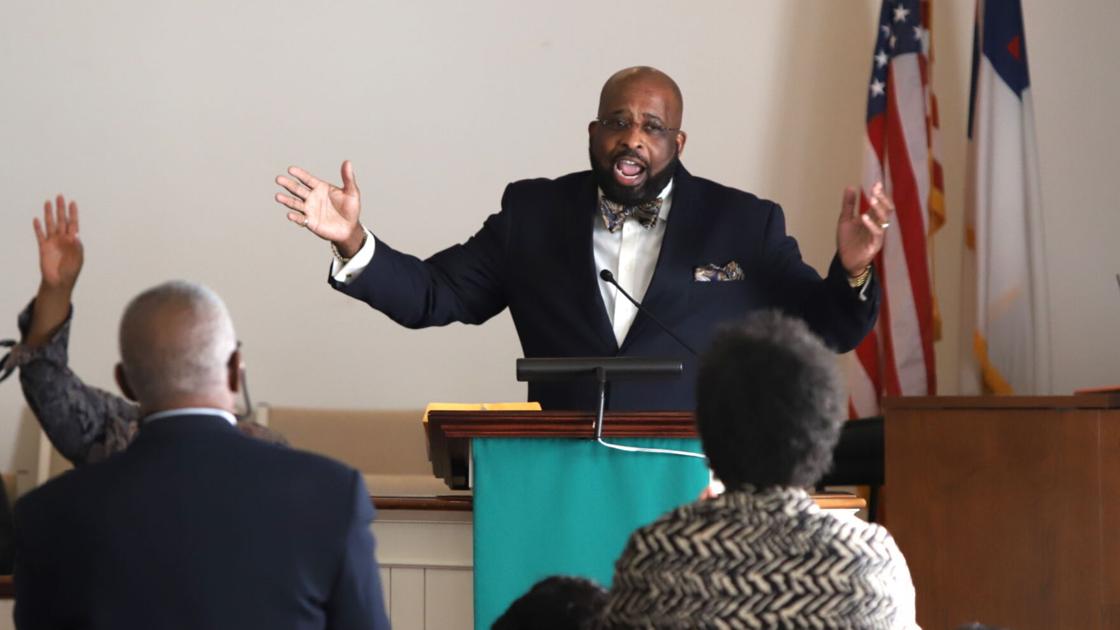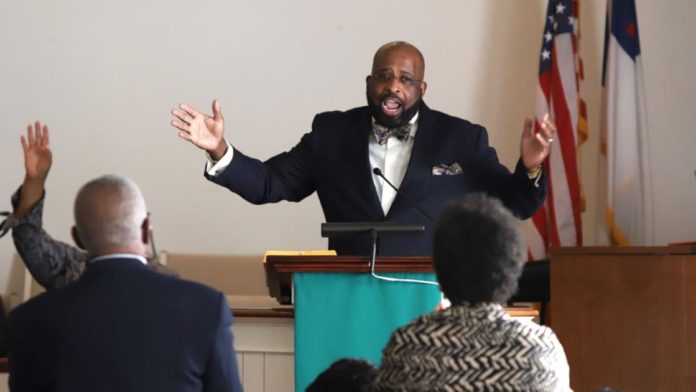
Newark’s new diversity and inclusion commission began its work Tuesday night after more than two years of planning.
The seven-member commission is tasked with recommending ways to increase diversity in the city, improve recruitment and retention of diverse employees, educate the community about Newark’s overall diversity and help establish community partnerships to address equity concerns.
The commission will also act as a conduit for complaints regarding diversity, equity and inclusion in Newark, and members will serve as “trusted messengers” between underrepresented communities and the community at large, officials said.
Mayor Jerry Clifton first proposed the idea in 2019, and it received renewed attention following the Black Lives Matter protests last summer.
“Newark is known for fostering empowerment and teamwork. But we’re here because we recognize that diversity and inclusion are more than just words; they’re principles upon which we create thriving neighborhoods, support small businesses, build leaders, promote a sense of belonging, and make a difference,” Clifton wrote in a letter to the committee. “Members of this commission are of varying ages, different professional backgrounds and have different life experiences, which will serve us well as we learn about barriers to services and work to inspire respect and tolerance among those that live, work and go to school within the city.”
Appointed by city council, the commission members include:
• Sasha Aber, a Jewish woman and owner of Home Grown Café
• Marihelen Barrett, a public health nurse and executive of the Delaware School Based Health Alliance
• Annalisa Ekbladh, a disability advocate who serves as director of policy and family services for Autism Delaware
• Tamesha Garnett, a Comcast billing analyst who has worked with various diverse employee resource groups
• Elder Blaine Hackett, pastor of St. John AM Church and vice-president of the Newark NAACP
• Jacob Higgins, a University of Delaware graduate student who has worked for the Delaware Racial Justice Collaborative
• Patrick McCloskey Jr., an openly gay police officer at the University of Delaware.
On Tuesday, the committee elected Hackett as the chair and Garnett as the vice chair and then debated what issues to tackle first.
The members ultimately decided to make affordable housing and homelessness their initial focus.
“There is no affordable housing in Newark, especially with the developers buying up all the land and putting all the college students in there,” Hackett said.
Affordable housing was one of several issues that city administrators suggested the committee consider.
“Affordable housing, obviously, is in very short supply, and it’s a current barrier to diversity in Newark,” said Devan Hardin, chief human resources officer for the city and the committee’s liaison to city government. “Many of our lower income residents have also been suffering housing insecurity during the pandemic due to lost income and unemployment.”
Hardin suggested the committee could review the city’s current and past homeowner incentive and utility assistance programs, suggest improvements and brainstorm ways to better promote them to residents.
The committee members agreed to start compiling data about homelessness, housing insecurity and affordable housing in the city.
McCloskey noted that he often sees homeless people while on patrol and said he will start having casual conversations with them to learn more about their situations and needs.
“I’ll try to touch base and see what the problem, from their point of view, is,” he said, adding that he will ask about their experience trying to access government assistance programs. “I’ll try to write that down and look for trends and then I can bring that back.”
The committee also expressed interest in studying ways to diversify the city’s workforce, particularly the police force.
Hackett noted he is already working with the Newark Police Department to recruit more minority applicants. As of last summer, NPD’s force consisted of 62 white men, three black men, three Hispanic men and four white women. Chief Paul Tiernan said at the time that the department’s struggle to diversify its ranks is “our biggest failure.”
Hardin said issues for future consideration by the committee include reviewing the city’s anti-harassment and anti-discrimination policies and suggesting ways to strengthen them, suggesting ways to support minority and women-owned businesses, and finding ways to address health disparities in minority communities.
Aber added that another important mission for the committee is finding ways to reach Newarkers who aren’t typically involved in the city government process in order to give them a voice and hear what issues are on their minds.
The committee will meet again virtually on Oct. 26. Members of the public are welcome to attend, and the meeting will include a public comment session. A link to attend the meeting will be posted at newarkde.gov a week prior to the meeting.








